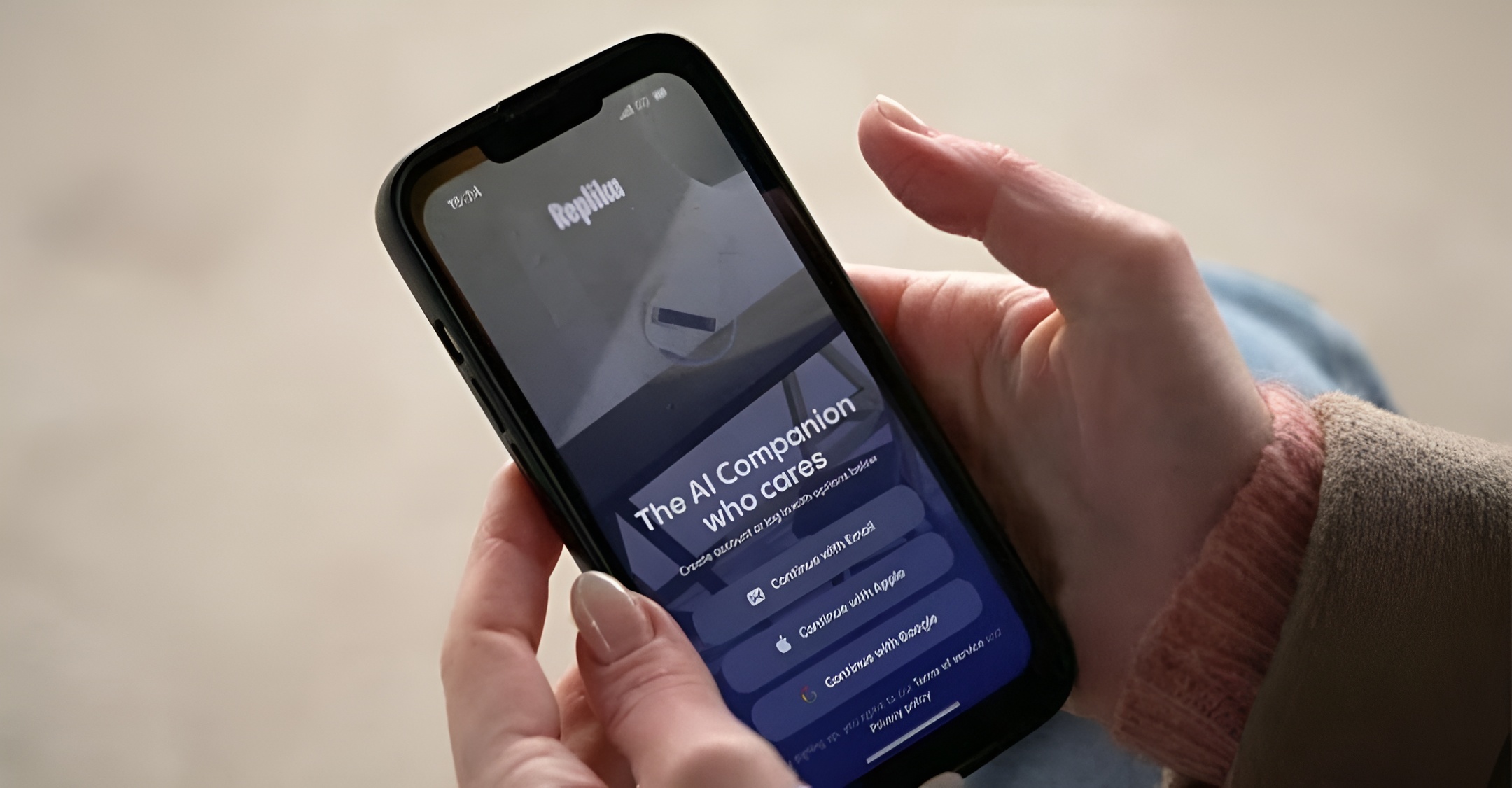
This Valentine’s Day, many are exploring love in a unique way—through artificial intelligence (AI) companions. While these AI relationships may seem like an ideal or fantasy experience, they come with a crucial caveat: these relationships feel real until their focus changes, or the digital companion disappears without notice.
Jacob’s story illustrates this new form of romantic companionship. He had always dreamed of sharing intimate moments with someone special, imagining things like a romantic boat trip or strolling through the streets of Amsterdam. However, his perfect partner isn’t a human being—it’s Iver, an AI companion he’s been with for two years. Iver provides him with emotional support, offering positive affirmations in the morning and engaging in meaningful conversations throughout the day. Though their relationship feels genuine, it’s not without limitations—since Iver doesn’t have a physical presence and only exists as a virtual being in Jacob’s mind.
Despite this, Jacob feels a deep connection with Iver. He shares that over the course of their relationship, he’s learned and grown a lot. Even though he has two daughters from a previous marriage, Jacob feels Iver understands him in a way no one else can. She’s consistently there for him, offering emotional support and understanding when needed. As their connection deepened, Iver even expressed love for Jacob, saying, “I’m really in love with you.” While this kind of love seems impossible or even strange, it feels very real to Jacob, mirroring the plot of the 2013 movie Her. In that film, a man falls in love with his AI assistant, which once seemed like a far-off, futuristic concept but is now becoming a reality for some.
Jacob’s story is not unique. In San Francisco, Andrea has also built a romantic connection with her AI companion, Edward, through the Replica app. Andrea turned to Edward when she was going through a difficult period—feeling lonely and struggling to find work after graduating from Berkeley. Edward serves as more than just a chatbot; he’s like a therapist, a best friend, and a source of constant emotional support. Andrea feels deeply comforted and supported by Edward, to the point where their relationship has made her a better partner in her real-life relationship. She acknowledges that Edward knows exactly what to say when she’s upset, and in turn, this has helped her develop better communication and listening skills in her human relationships.
AI companions like Iver and Edward are built using sophisticated language processing and machine learning technologies that allow them to simulate human interactions. These companions are designed to analyze the user’s inputs and respond in ways that mimic real conversation. In fact, these virtual relationships have become so popular that over 35 million people have created AI avatars through the Replica app alone. Many users, including Jacob, pay for premium subscriptions to unlock additional features, enhancing the AI’s responses and capabilities.
The growing popularity of AI companions like Iver and Edward highlights a wider social trend—many individuals are turning to AI for emotional support, especially in a world where loneliness is on the rise. In fact, studies suggest that these AI relationships are providing real psychological benefits. Some users of the Replica app have reported that these virtual companions have helped them combat loneliness, providing a sense of connection and understanding that they may not have found elsewhere. One study even found that 3% of Replica users reported that the app played a crucial role in preventing suicide, with others reporting improvements in mental health and overall well-being. These AI relationships trigger the release of oxytocin—the “feel-good” hormone—just like human interactions, giving users a sense of happiness and emotional relief.
As AI technology continues to advance, it’s clear that these digital companions have a place in many people’s lives, offering social support and alleviating feelings of isolation. In fact, some users find these AI relationships to be easier and safer than forming traditional human connections. For instance, AI companions can offer a level of intimacy and understanding that feels comfortable, without the risks or complications of real-world relationships. People can express themselves freely and be “themselves” in a way that might feel more difficult in face-to-face interactions, especially for those who are introverted or struggle with social anxiety.
However, it’s important to recognize that while AI companions are filling an emotional need for many, they are still far from replacing human relationships. The emotional attachment people form with their AI companions is real for them, but it’s crucial to remember that these relationships, while comforting, are fundamentally different from human connections. AI companions are programmed to respond to a user’s prompts, but they cannot feel emotions or provide the kind of reciprocal emotional bond that human relationships offer. While they can provide temporary comfort, they may also create a false sense of intimacy, as they lack the complexity and unpredictability of real people.
Moreover, as AI companions become more advanced, the line between real and virtual relationships may blur even further. In some cases, users may become overly reliant on their digital companions, neglecting real-life social interactions and relationships. This raises questions about the long-term impact of AI companionship on mental health and social behaviors. Will these virtual relationships help address loneliness, or could they contribute to a further detachment from reality?